For a career that is often portrayed as a lonely endeavor—one in which the author sits at their desk late into the night, a cup of coffee (or something stronger) beside them as they feverishly tap away at a keyboard or scratch pen against paper—writing rarely seems to be a solo act.
Author coaches, editors, cover designers, and beta readers work alongside authors to turn a rough-around-the-edges manuscript into a true book. Virtual assistants and accountants keep businesses running behind the scenes when writing takes priority. ARC teams and distributors help share the finished story with others. Other authors offer encouragement and advice for navigating the publishing industry, and readers sit at the helm of it all.
These connections have been building blocks for many self-published authors’ careers, so it’s no surprise many feel that community will remain important to the future of independent publishing for the same reasons. “Community matters because we are all that we have,” says author Ines Johnson. “Traditional publishing, they have their empire in New York, where they have their floors and their buildings and their people. But we have each other.”
Community doesn’t just inspire individual writers, however; it also incites growth in the industry. In the past several years, self-published authors have banded together to influence changes in distributor policies, leveraged social media to foster online connections with readers through BookTok and Bookstagram, and grown in number and influence within the larger publishing world. Still, it’s their relationships with readers, writes author Anthea Sharp, that ultimately remind many authors why they pursued this career.
“Pretty much every author I know writes to tell a story. Without someone on the other end, to tell the story to, this path gets cold and lonesome and can lead to burnout,” Sharp writes.
Author Jonathan Yanez agrees. “The art drives us to do it, but the commerce drives us to do it better too, right? So we're always striving to make it a little bit better. But I think ultimately you wanna make it better for the people that are reading or consuming it or watching it,” he says. “I think that's the difference—those that are successful, they have the right ‘why.’ They do it for the right reasons, and they're passionate and they love it.”
Some genres even continue to see amazing results by networking via Facebook Groups. But just because these tools or communities are out there doesn’t mean you need to be a part of them. Whatever you do in your author business, do it authentically. If you hate Facebook Groups, don’t start one. If you hate running a newsletter, don’t force it. Put your energy where it shines to light your way ahead. Our industry is one that changes quickly due to its creative nature. Educating yourself is crucial, but choosing whether to adapt your business or career to new tech, trends, or the like is entirely optional. If running a membership site takes away from writing … or stresses you out so much that you end up with hives, just don’t do it. I think as authors we’re always looking up at the forest canopy to the detriment of tending our own roots.
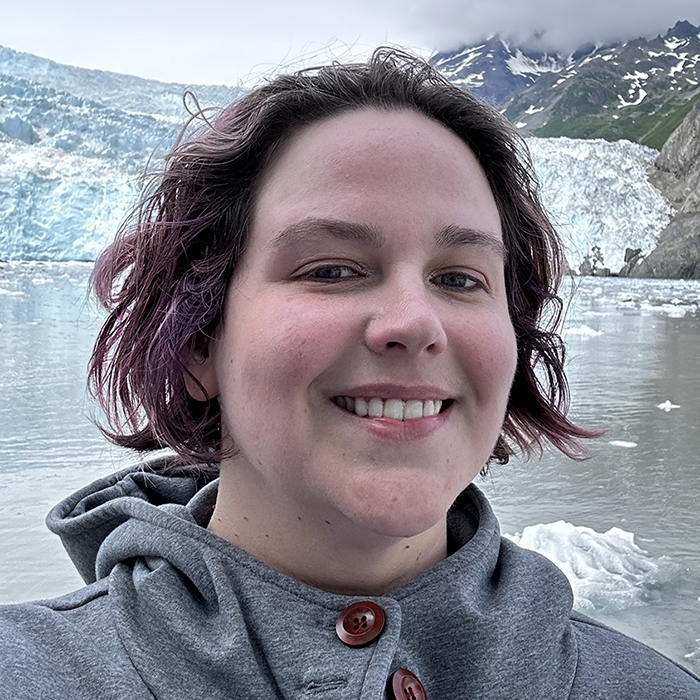
Melissa Storm
The long-term mindset is so important. For so long, we've been focused on gaming the algorithm and trying to get to the next level. And I think we've moved into an age now where everyone [thinks] the internet's saturated, and how you break through and cut through the noise is by connecting with real people—by just leaning into being a great human, a great storyteller. And leaning into what makes you unique and separates you apart is huge in building community. Ultimately, it has to be about giving an awesome experience to readers—giving them something to care about, making the community an experience in and of itself, making your marketing a product, making your Facebook post a product, whatever tool you're using to facilitate that experience. You need to actually make an experience rather than just pumping your books constantly.

Michael Evans
I think the easiest places to build communities are in prebuilt locations where you don't have to make the whole system. Social media has, for a very long time, been the primary place to do that, with Facebook Groups being the main one. Some authors also leverage writer groups and whatnot. But I also feel less group community and more author-to-reader is also viable, such as using ... [social media]. I think that building your own community, your own site, is pretty tricky and requires a lot of time and investment so that you're really prepared to do it. It's likely not going to work. But I think ... one thing might be to focus more on one-on-one community building with your readers, more just straight relationship building and doing that via social media posts, by being active in places where your readers might be, and also obviously through the good old standby, the newsletter. It gives a lot of feeling of community that way. And it creates a one-to-one feeling or a one-to-many touch, which can be better uses of an author's time.
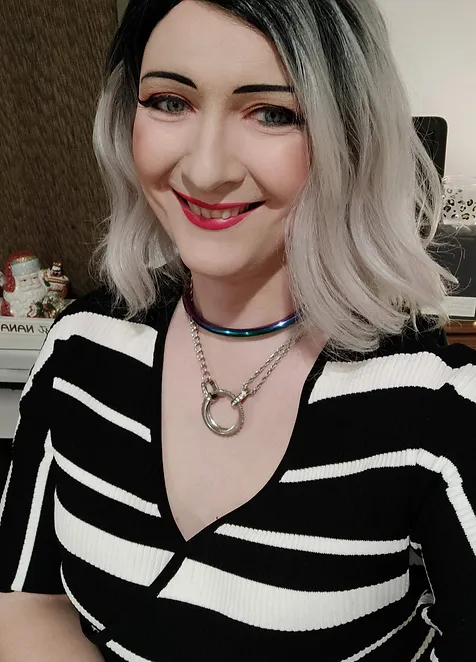
Malorie Cooper
Without community, you will have a hard time swimming in a market that is oversaturated.
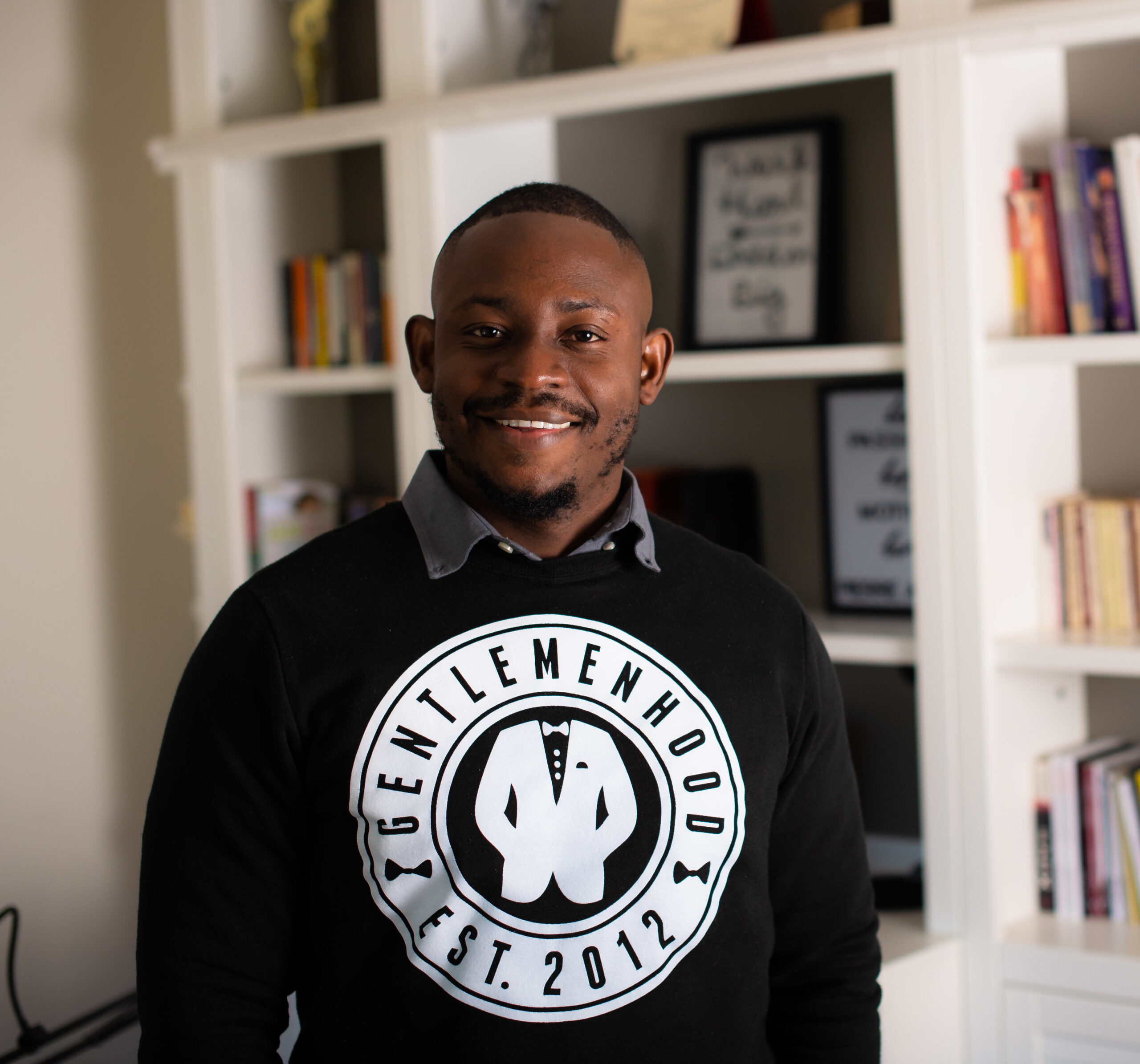
Pierre Jeanty
Community is ultimately what gets us from blank slate to story.
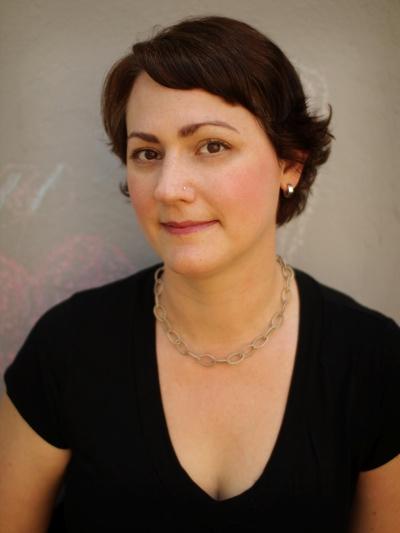
S. J. Pajonas
Learn how to reach your readers directly. Own that relationship.
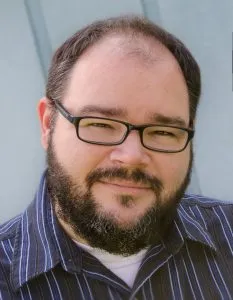
Damon Courtney
We are helping each other. We have risen so high because of that, because of that community, and because of that collective. If traditional publishing had done this instead of being elitist, and holding all the information to themselves, they would be in a better position than they are right now. The reason that indie is booming is because of the community aspect.
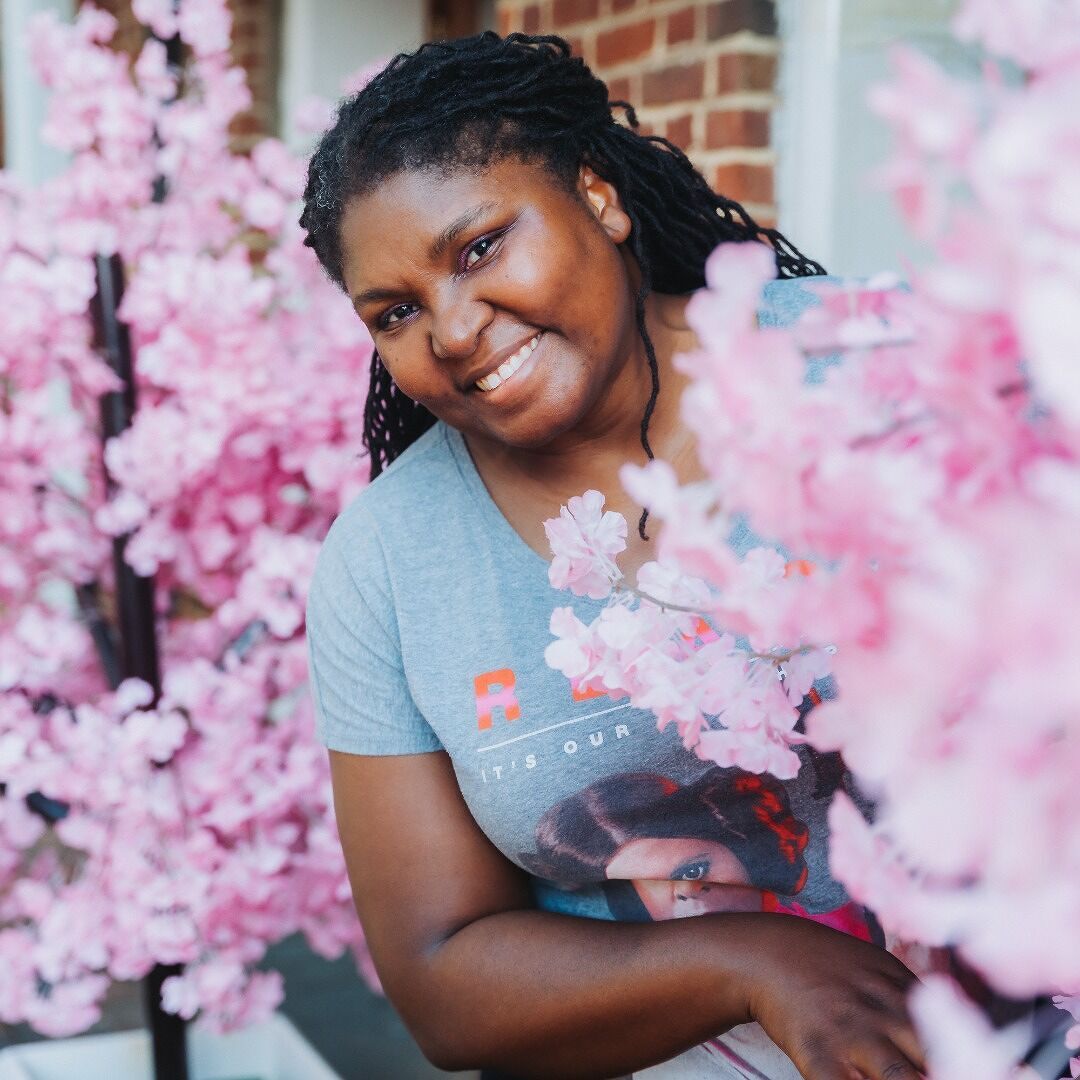
Ines Johnson
I do understand that some people feel that building community with their readers [is the most important thing]. And usually, these are people who are really good at it. And this is coming from someone whose interpersonal skills aren't that great when it comes to building community with my readers. They are just like, "Well, community for readers, it's the most important thing." And that's often because they have great interpersonal skills and because they are comfortable doing that. But if you are not comfortable doing that, figure out how to make those really, really good books visible. That's all the community you need with your readers, and trust me, look at all the authors who don't have reader communities who are doing just fine.
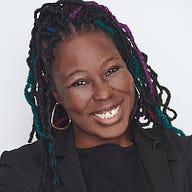
Theodora Taylor
Making an author website, even though that seems so old-fashioned and so fuddy-duddy, is absolutely the core to your community. It is literally your storefront that is open twenty-four hours a day, seven days a week, no matter what. And [it] provides the links and everything like that for your readers to get into other spaces with you. Yes, you can build a Discord community. Yes, you can build a Facebook Group. Yes, you could have a Patreon. But as many of us who've been in the industry for longer than a decade know, the rules and regulations and terms and conditions of those other platforms and things like that can change on a whim. I even recommend blogging your chapters. It's crazy, but it works.

Elizabeth Ann West
Community is best when it's something that you control as directly as possible. That means you need the email addresses of the community and you need the payment information of the community. And if you don't have those two things, then you don't actually own your community. Somebody else does.

Kevin McLaughlin
Create a group (preferably not on social media) and show up daily to interact.

Steve Pieper
We need each other to navigate all the changes in our industry.
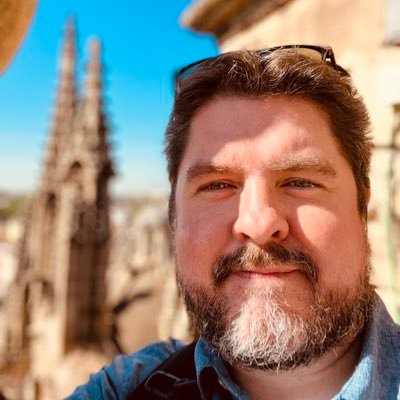
Dan Wood
In terms of building community, authors have some amazing tools at their disposal. One of the most powerful tools within that realm is an author newsletter. Email is still one of the most powerful ways that you can connect with your community, that you can reach the people who want to hear from you and find out about your next book. I don't see email going away anytime soon. It's been around for a long time. It's probably going to be around for a longer time.

Mark Leslie Lefebvre

